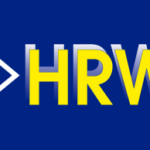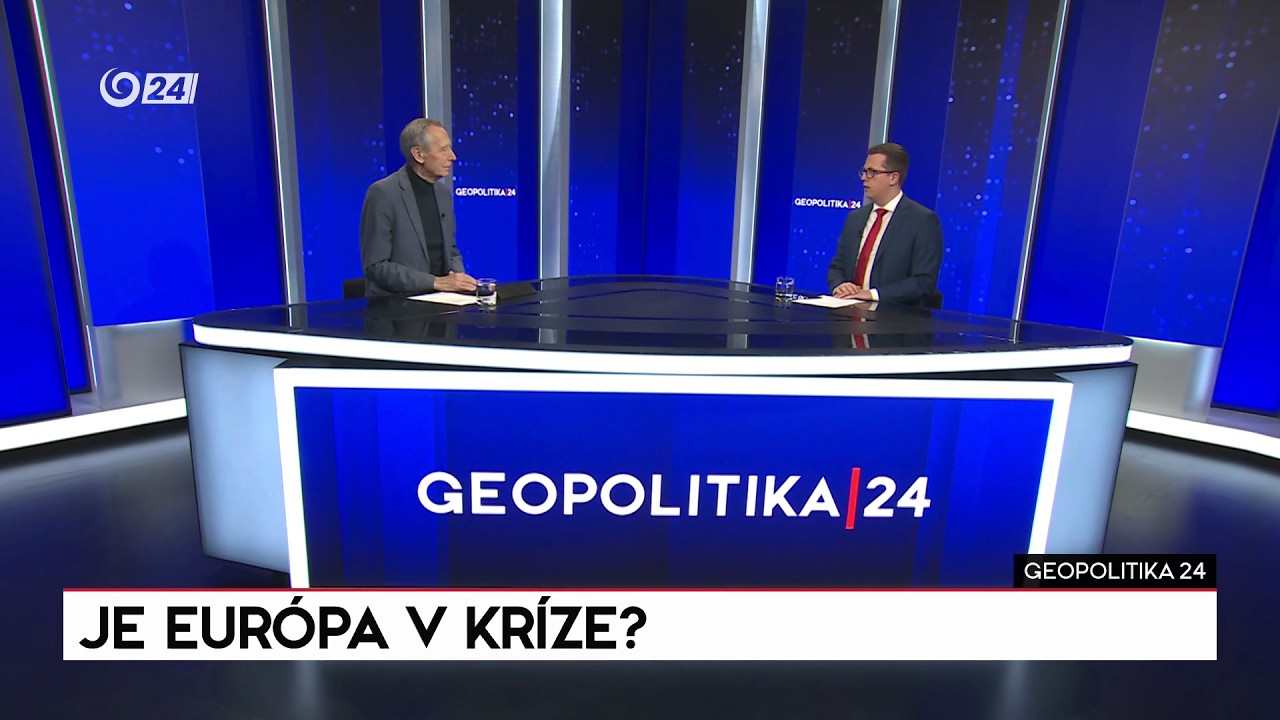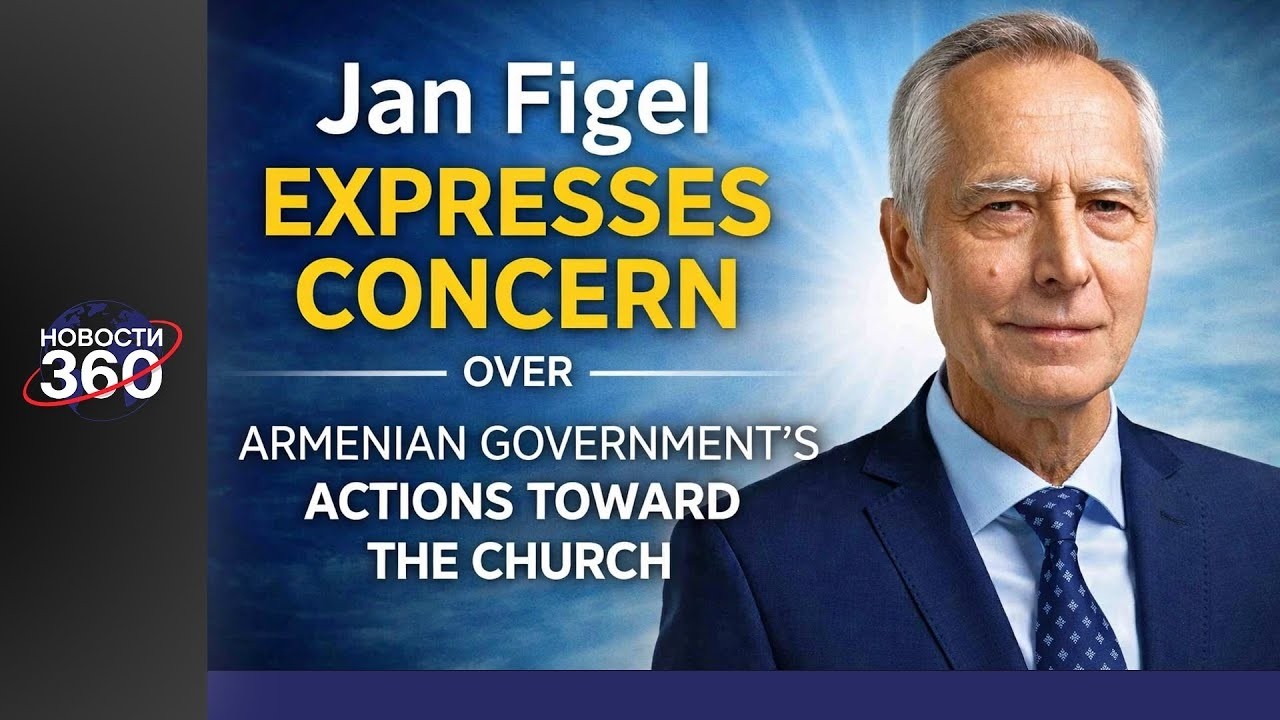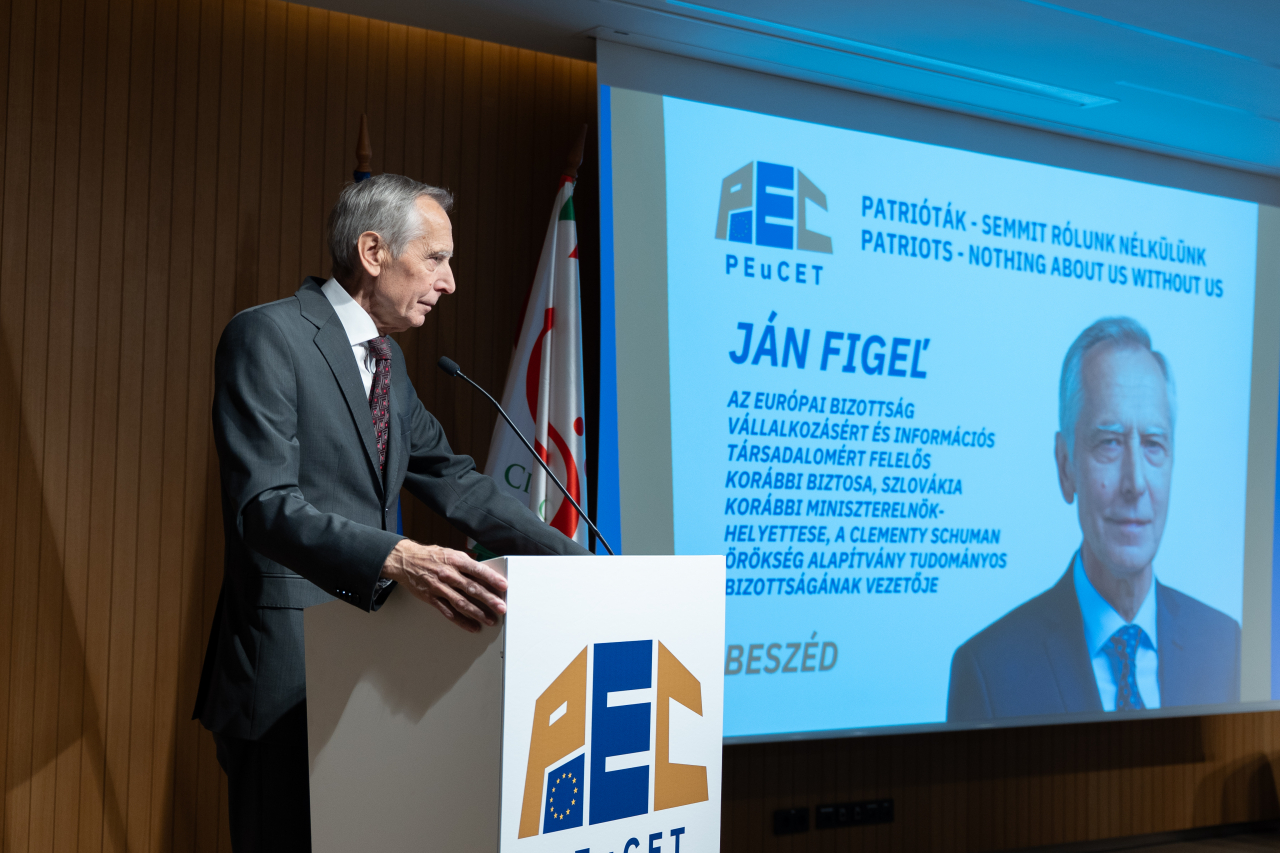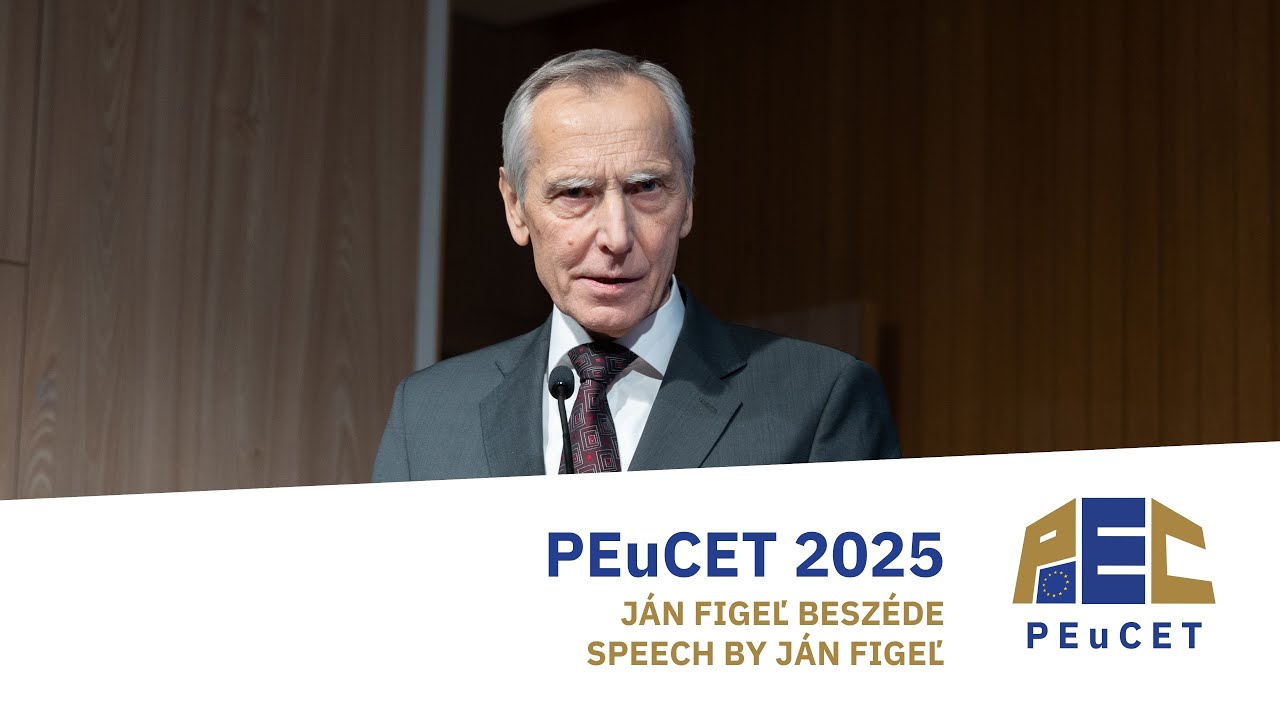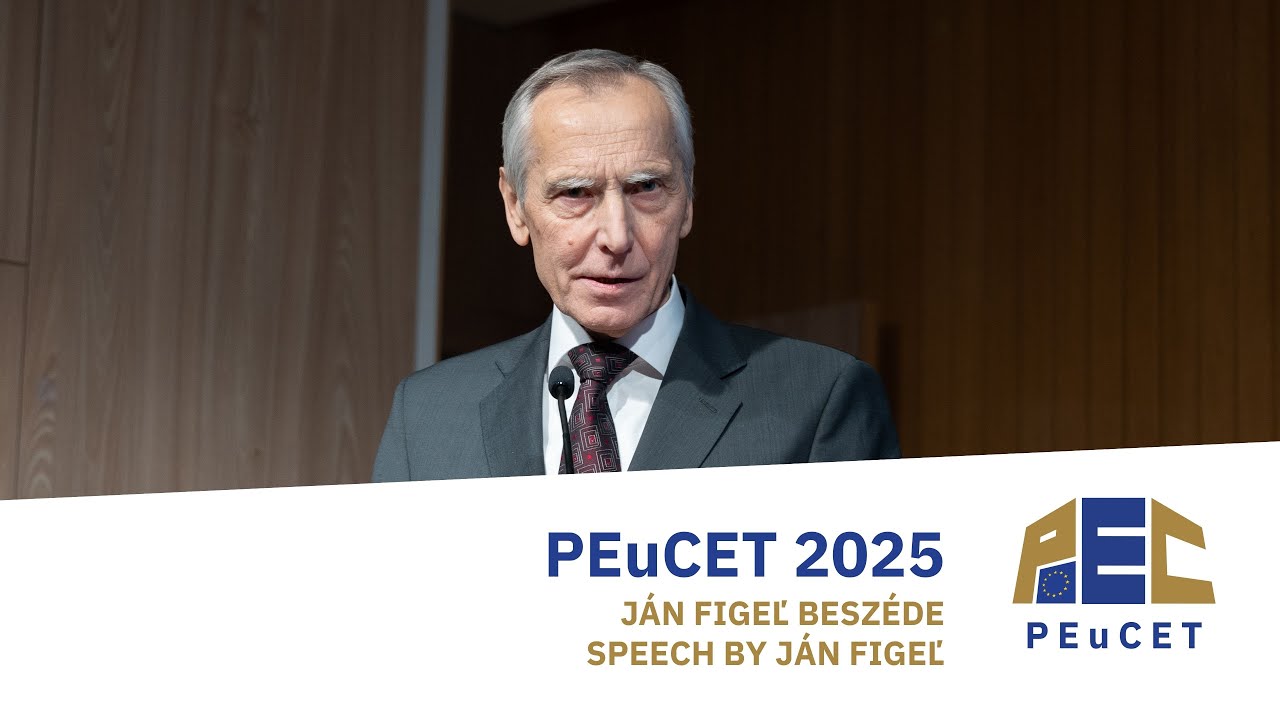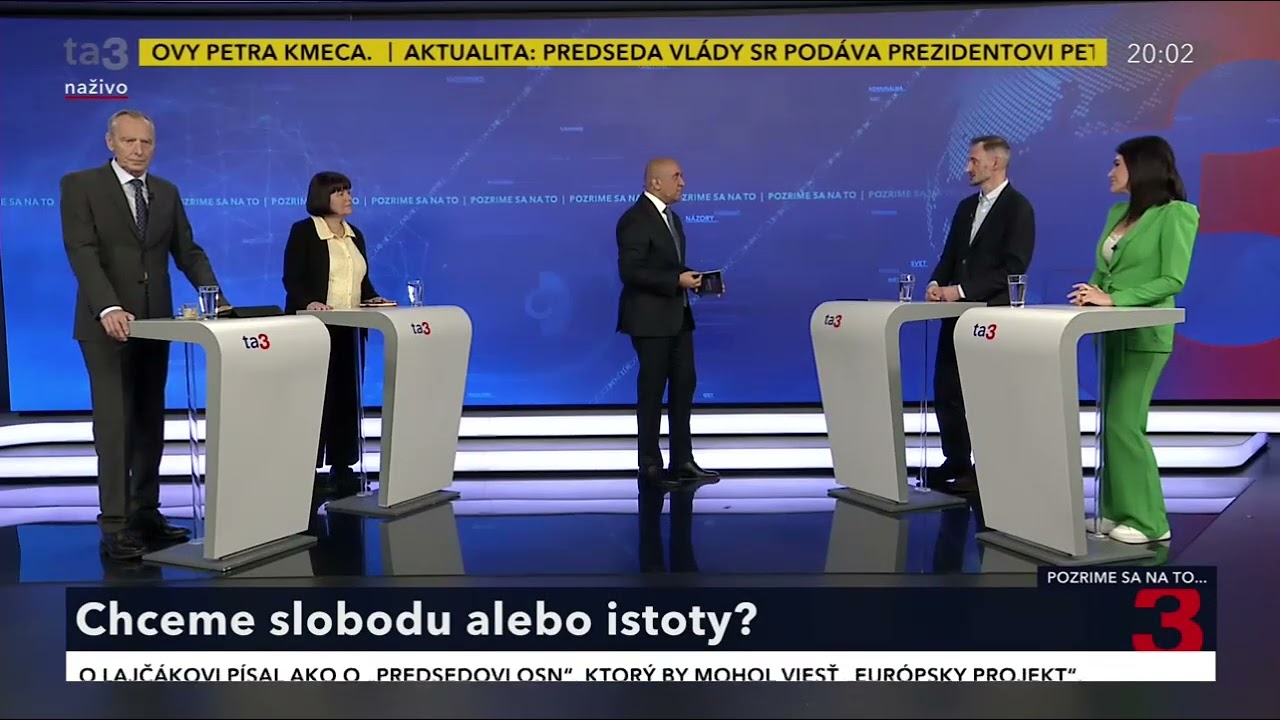
Last week’s decision from the European Court of Human Rights marks a sobering moment in the struggle to defend fundamental freedoms across Europe. The Court declined to rule on the substance of my challenge to Slovakia’s blanket COVID-19 era worship bans, declaring the case inadmissible on the grounds that I could not be considered a direct “victim” of the restrictions under Article 34 of the European Convention on Human Rights.
This comes as a surprise. In the written submission presented to the Court in July 2023, I detailed very clearly how the unprecedented restrictions directly impacted me—not only as a former public servant, but as a practicing Catholic, a citizen, and a participant in Slovakia’s public discourse. I addressed each of the criteria the Court requires and showed how my rights as a person were affected. All that information appears to not have been considered.
The aim of this case was to ensure that in times of crisis, our societies do not abandon their foundational commitments to freedom of religion and belief. The right to worship in community is not a privilege reserved for the faithful—it is a litmus test for how seriously we take all fundamental rights, including freedom of expression, assembly, religion, and conscience.
In 2020 and 2021, Slovakia enacted blanket bans on public worship, permitting only baptisms and weddings limited to six people. The move lacked a legal basis under emergency law and failed to meet basic criteria: lawfulness, legitimation, and necessity—the same criteria that underpin any restriction on fundamental rights. These restrictions were therefore disproportionate and unjustified.
As someone who served as the first ever Special Envoy for Freedom of Religion or Belief outside the European Union, I have long understood that the EU cannot credibly promote human rights abroad if we fail to uphold them at home. Sadly, today’s decision by the Court avoids taking a clear stance on whether the Slovak government overreached—at a moment when clarity is needed most.
This was an opportunity for the European Court of Human Rights to reaffirm that even in times of public emergency, blanket bans on in-person worship demand the highest level of scrutiny. Other courts, including in Scotland, have rightly held that digital worship is no substitute for physical, communal religious practice. Article 9 of the Convention protects not just private belief, but also the public and communal practice of faith. That truth remains, whether or not the Court chose to address it today.
Though the case was after over four years declared inadmissible, the questions it raised are far from resolved. How should states balance public health with fundamental freedoms? What limits must exist to ensure that crises do not become pretexts for unchecked state power? These are not just legal questions—they are moral and civic ones, central to the character of democratic societies. Judges wanted to take the easy road, and set out on a blind alley.
To those disappointed by today’s procedural outcome, I say: the work continues. Legal systems sometimes move cautiously, and courts are not the only venues for advancing justice. We must remain vigilant, thoughtful, and persistent in defending the rights of all—whether religious or not—to live according to our conscience and in community with others.
This case may not have set the precedent we hoped for, but it has helped highlight a critical truth: freedom and fundamental rights must be actively safeguarded, especially in moments of fear and uncertainty. Let us ensure that when the next crisis comes, it is not panic but principle that shapes our collective response.
Ján Figeľ is a former EU Special Envoy of Freedom of Religion or Belief outside the EU.
https://europeanconservative.com/articles/commentary/echr-rejects-worship-ban-case/



